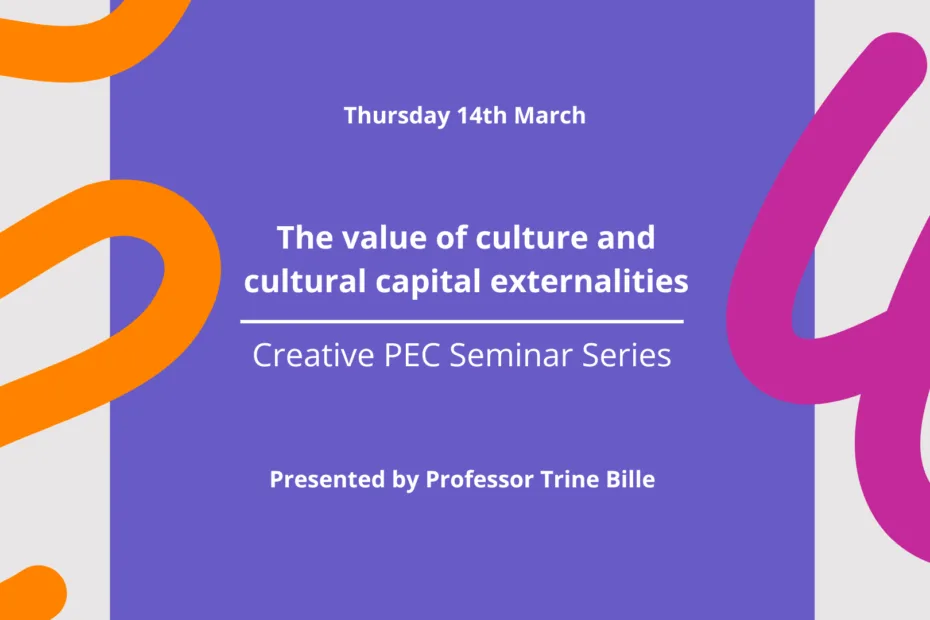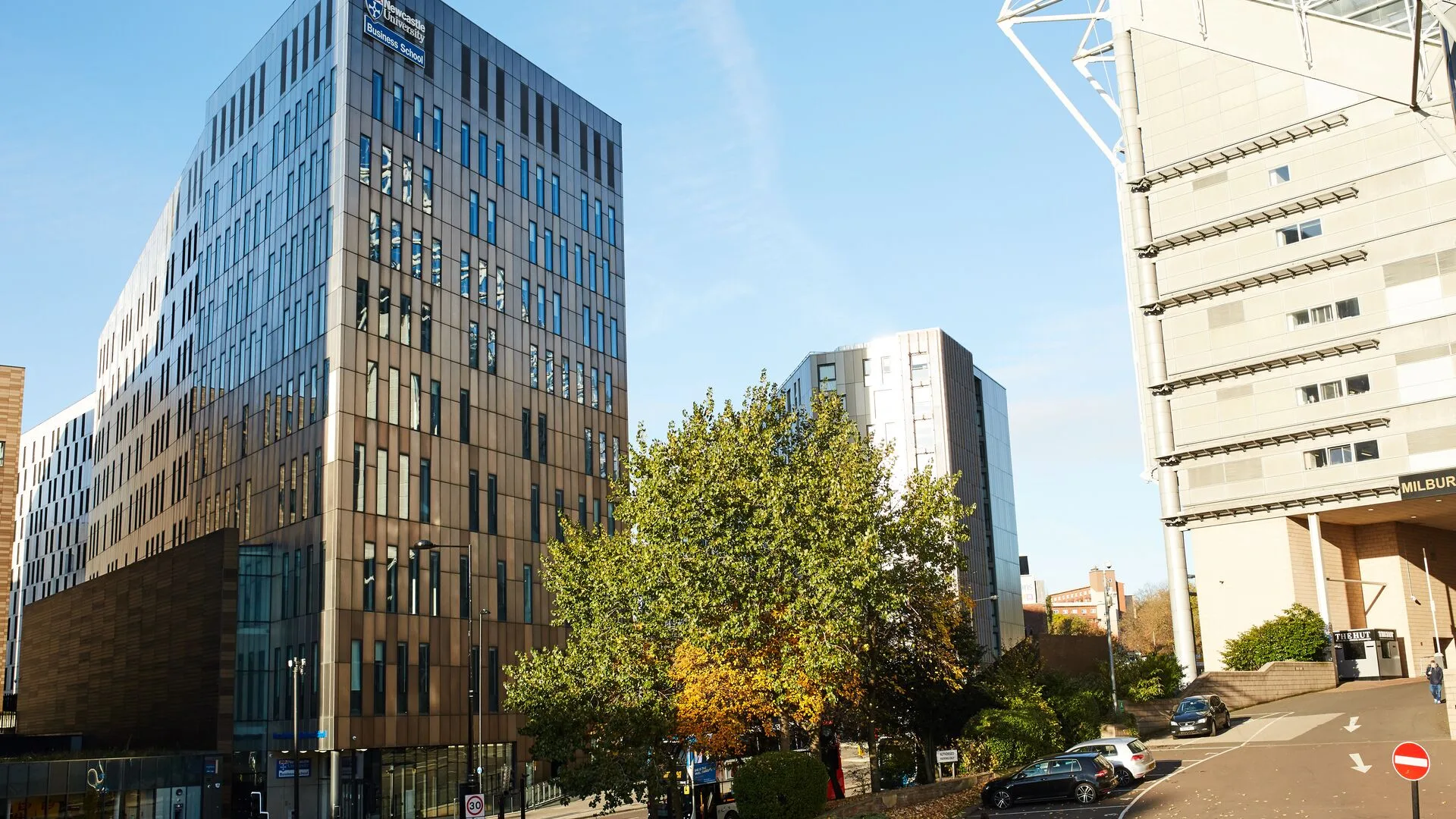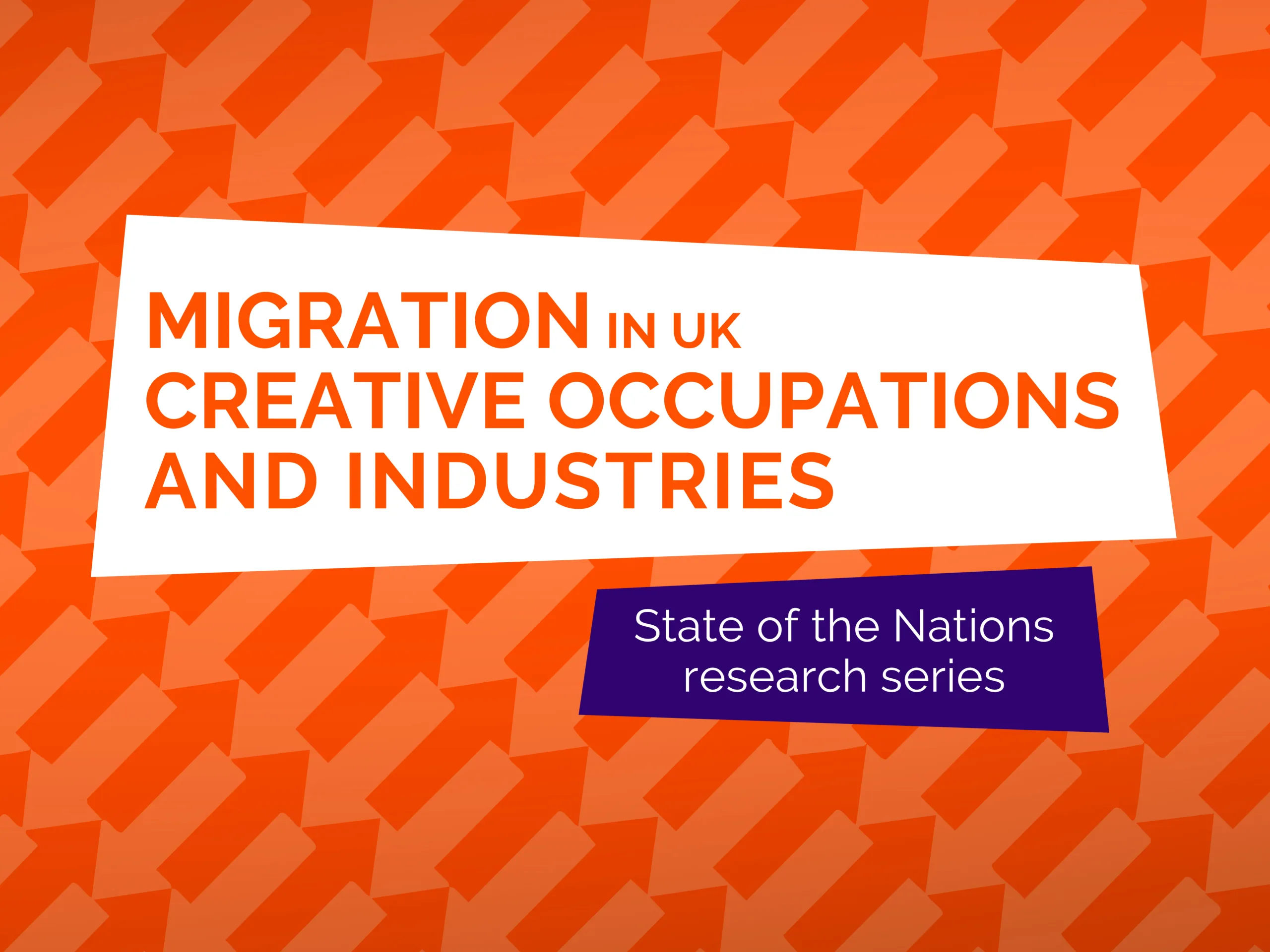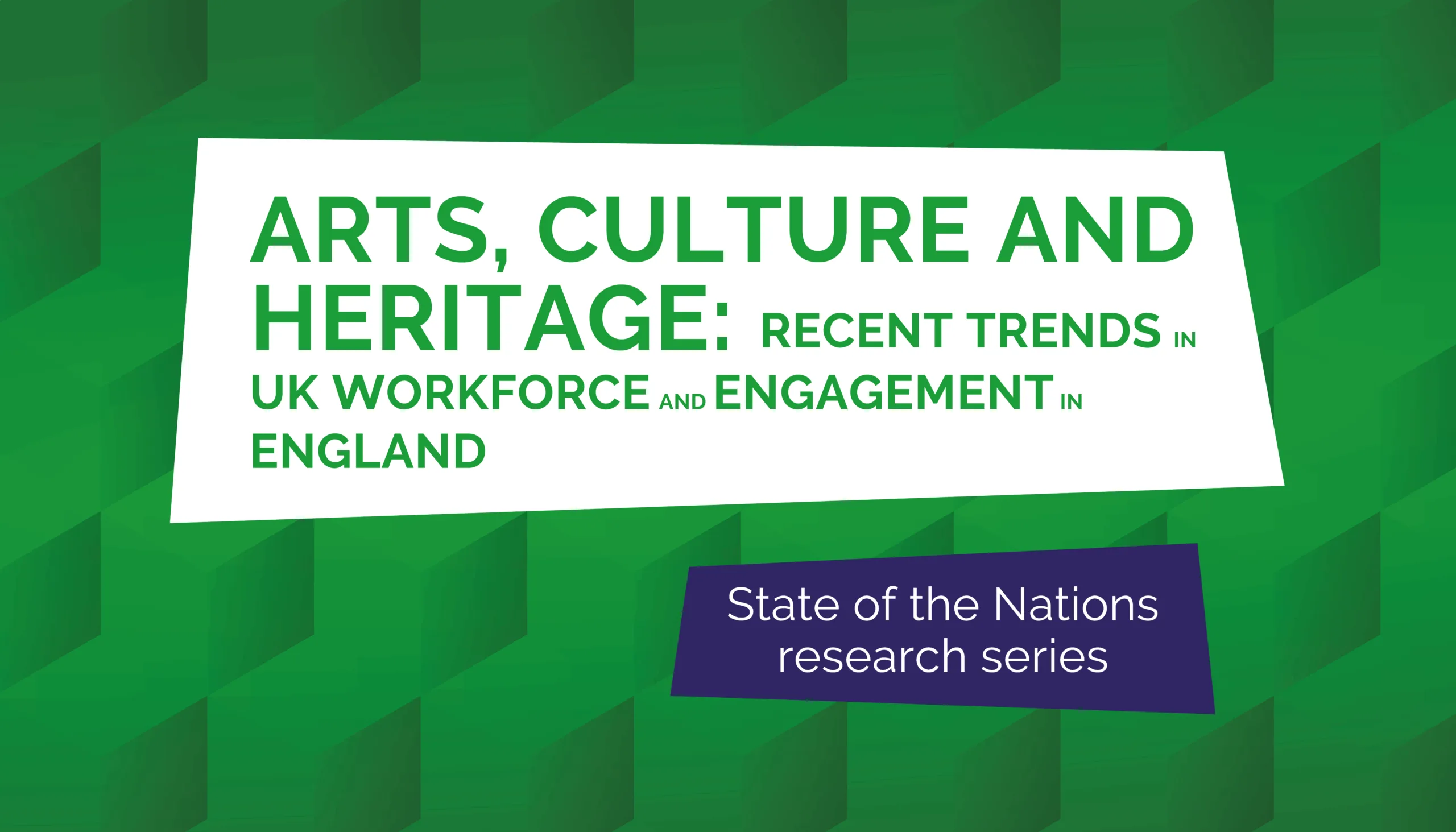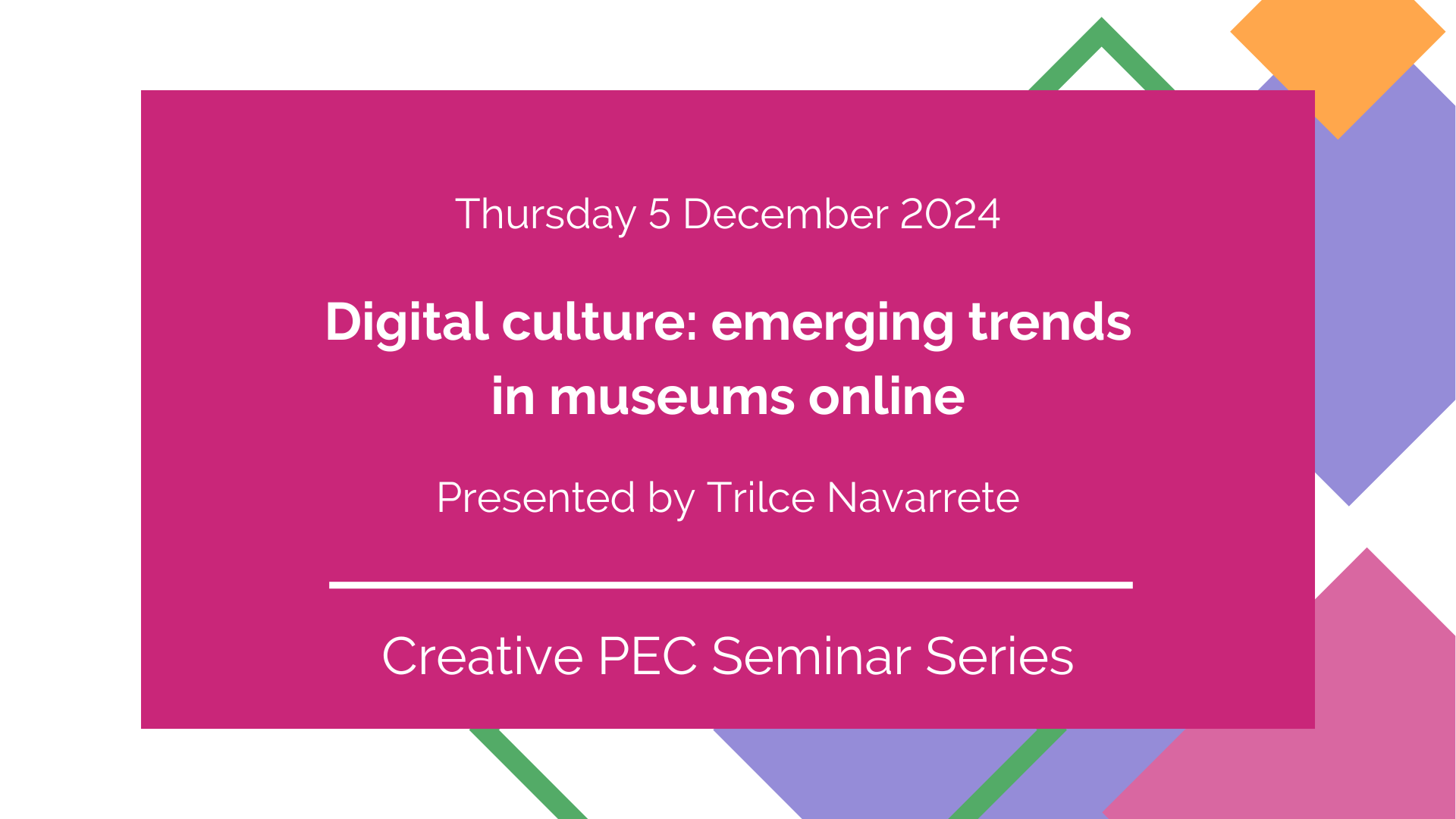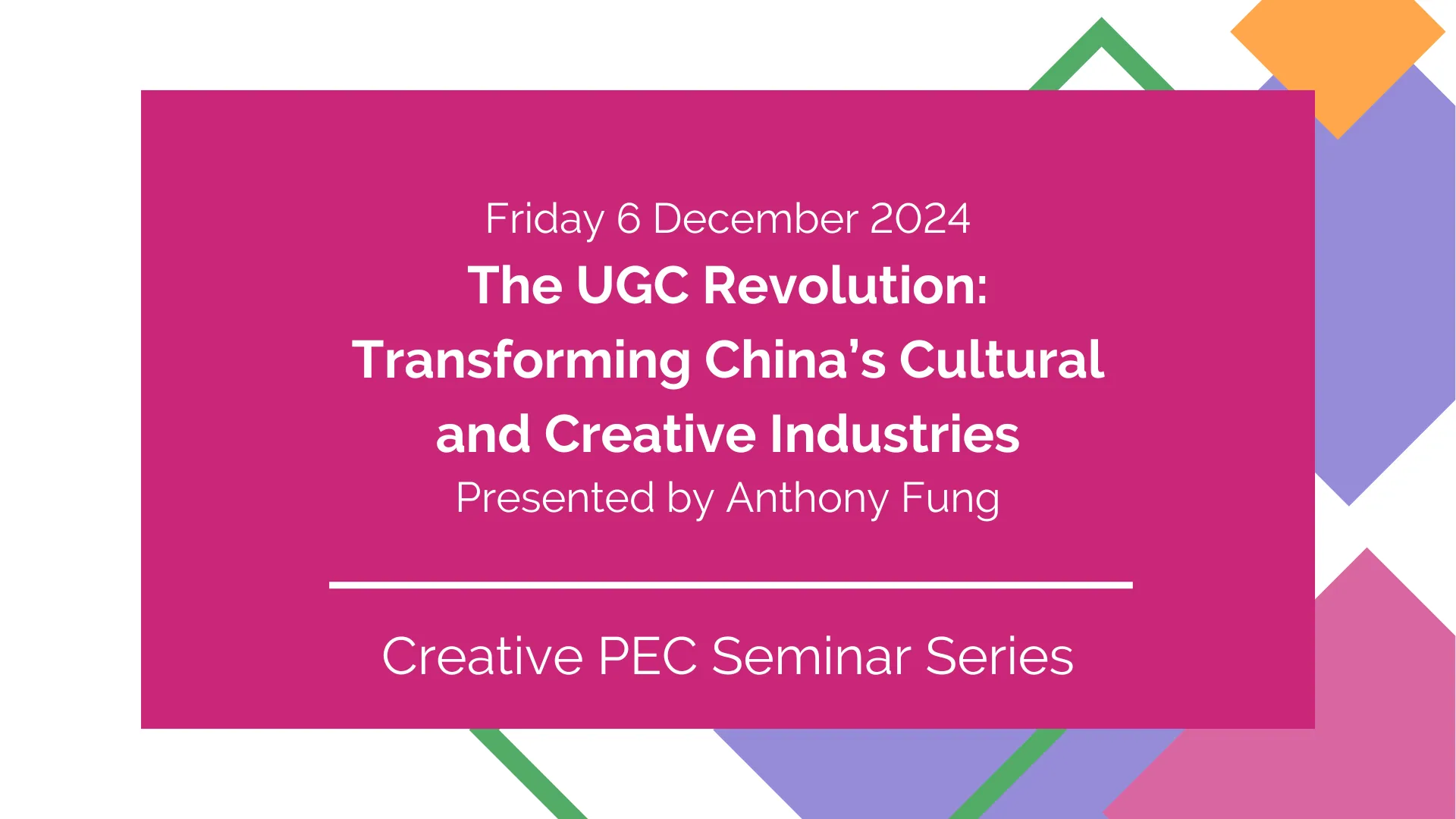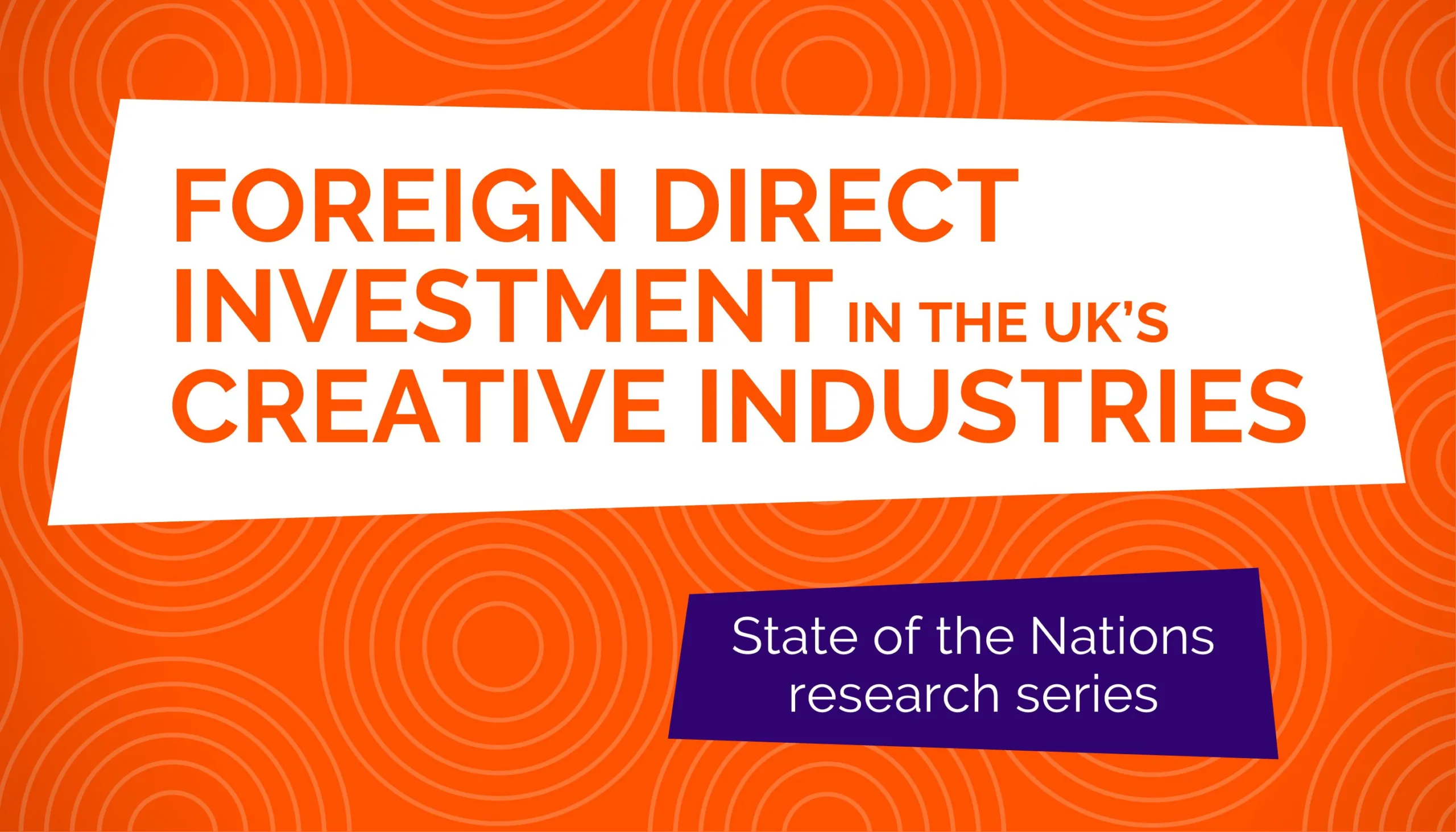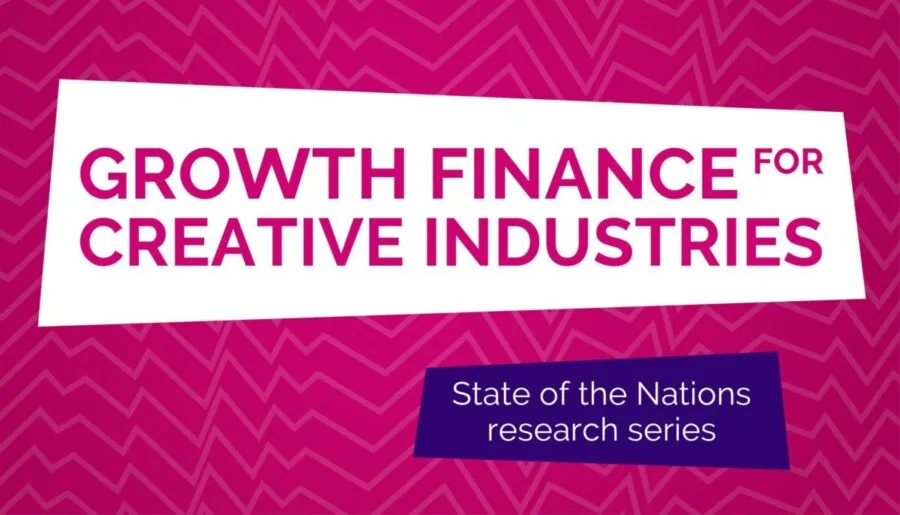Professor Trine Bille will be discussing a proposal that suggests that cultural policy should take inspiration from the economics of education in terms of further understanding the private and public value of cultural assets such as theatres, libraries, exhibitions, and concerts.
Why cultural policy should take inspiration from the economics of education to understand the private and public value of cultural assets.
Cultural economics has largely looked towards environmental economics and used non-market valuation techniques such as contingent valuation to estimate the total economic value of cultural goods. These methods are well suited to the valuation of cultural heritage goods, where the benefits are mostly related to the level of supply and mainly take the form of existence and bequest values. This stands in contrast to cultural institutions such as theatres, libraries, exhibitions, and concerts, where the value is produced, when the goods are consumed. For this type of cultural good, the research suggests that cultural economics rather turn to find inspiration in the economics of education.
The value of schooling can be divided into private returns and social returns (human capital externalities). Likewise, the value of cultural consumption, from theatre performances, to live music gigs, and museum exhibitions, can have a private and a public component. This study suggests labelling the public component cultural capital externalities. The idea is that when private consumption of arts and culture is taking place, the individual will accumulate cultural capital. This accumulated cultural capital can impact other people (e.g. for example, through changed behavior, future decisions or interactions,) and creates externalities, i.e. the cultural capital externalities. The size of the externalities is expected to increase (or decrease) with the level of consumption. Without the consumption by the users, no externalities are produced. While this is one of the most fundamental arguments for cultural policy, it has not yet been extensively studied within cultural economics.
Trine Bille is Professor of Cultural Economics at the Department of Business Humanities and Law, Copenhagen Business School.
______________________________________
About Creative PEC’s Seminar Series
Creative PEC’s new Seminar Series presents cutting-edge research from across the world, bridging conversations across academia, policy and creative practice. The series aims to spark discussion on emerging research and implications for creative industries policy.
Who the seminars are for:
– Creative industries researchers
– Policymakers (local, regional + national)
– Anyone keen to find out more about emerging creative economy research
Each seminar will be held online, and begins with a deep-dive on new research followed by a Q&A. Make space for an hour each month to keep up to date with the latest ideas in creative economy research.
For any questions about the Seminar Series, please get in touch with us at research@pec.ac.uk
Online Zoom Webinar
Thursday 14 March, 3.00pm (GMT)
Past Events
Creative Industries Policy and Evidence Centre Research Symposium 2026
28 – 29 April 2026, Newcastle University Business School
Mapping Qualifications in the Creative Economy
9 October 2025: Join us for an update to the Creative Trident model of creative employment that inco…
State of the Nations Report Launch: Migration in UK Creative Occupations and Industries
Tuesday 10 June 2025 | 12-1pm (GMT) | Online Event
State of the Nations Report Launch: Arts, Culture and Heritage: Recent Trends in UK Workforce and Engagement in England
Report launch for our State of the Nations series On Wednesday 7 May 2025 we launched our new State …
Seminar Series: Digital Culture: Emerging trends in museums online
Thursday 5th December 2024 | 15:00 GMT Hear from Professor Trilce Navarrete who will discuss her on…
Seminar Series: The UGC Revolution: Transforming China’s Cultural and Creative Industries
Friday 6 December 2024 | 14:00 GMT Anthony Fung's presentation explores the concept of "digital lab…
State of the Nations Report launch: Foreign Direct Investment in the UK’s Creative Industries
Wednesday 20 November 2024 | 12noon | Online via Zoom. Join us for the launch of the next report in…
State of the Nations Report launch: Growth Finance for Creative Industries
Wednesday 16th October 2024 | 12noon | Online via Zoom. Join us for the launch of our fifth report …
